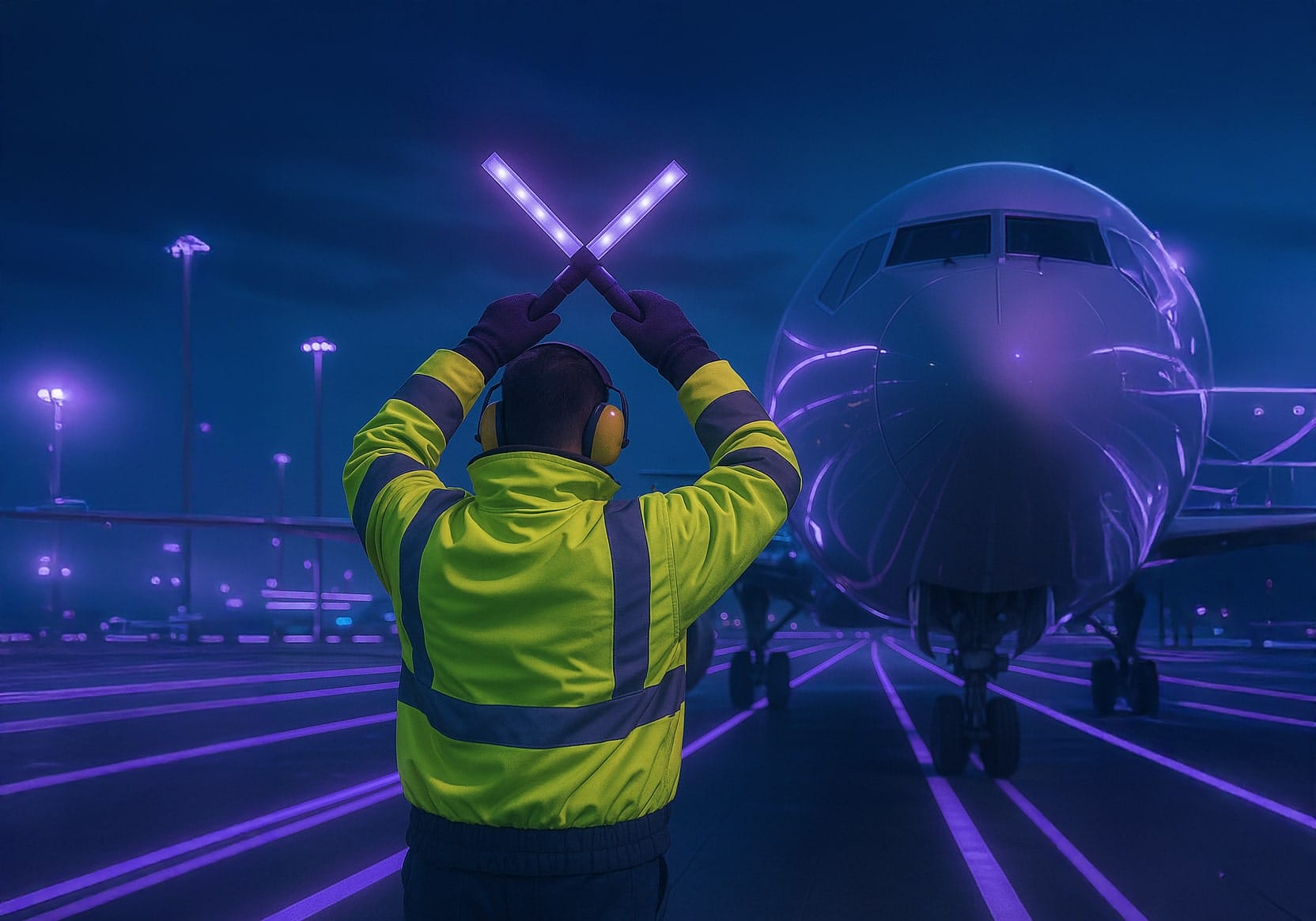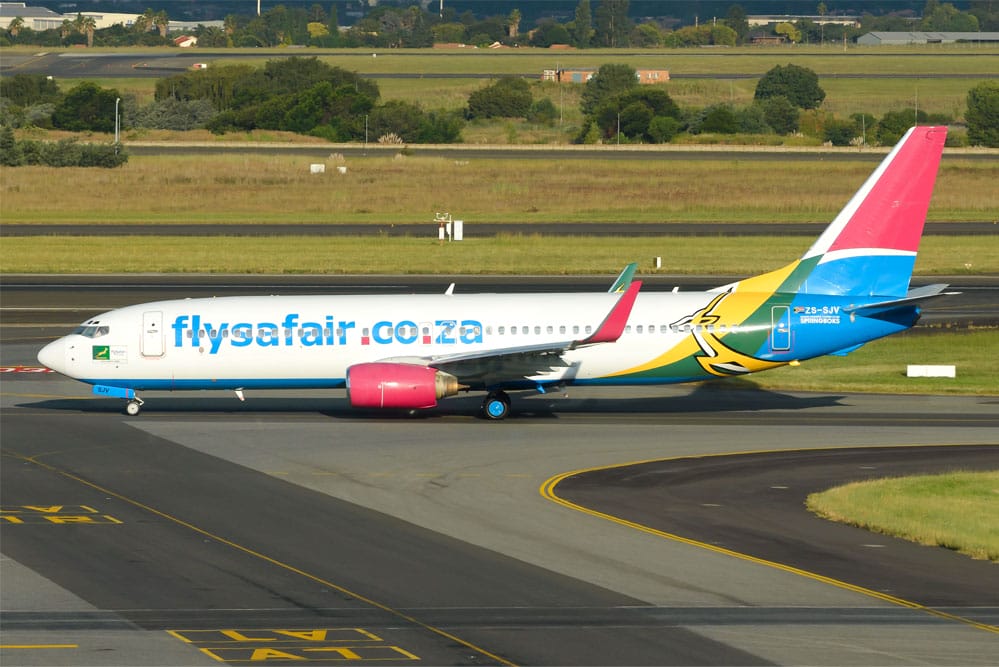
Niha Shaikh, VP of Product, Cirium Journey
It’s 06:15 at the hub. The night bank is running late, one arrival’s still holding short, another’s waiting on a tow, and crew duty windows are closing fast. Stand 32 hasn’t cleared, catering’s behind on the next outbound, and the phone won’t stop ringing. No one in the ops room is asking for “AI.” They want answers at speed. What changed? Which flight is now at risk? What’s the knock-on for the next wave? That’s where GenAI earns its keep: not with buzzwords, but by cutting through the noise and surfacing the right context, right when it matters.
The aviation industry is entering a new level of digital transformation where GenAI will reshape the way we work. Aviation doesn’t lack data; it lacks time, context, and confidence when decisions are time‑critical. GenAI won’t replace domain expertise, and it certainly won’t bend curfews, duty limits, or slot programs, but it will change how we model, govern, query, and operationalize data. These are ten shifts I expect to stick, based on what we’re building, piloting, and seeing with customers across the industry.

1. From data lakes to data conversations
Natural language interfaces will replace dashboards and SQL queries. Teams across commercial, finance, and ops will ask questions like “Which routes underperformed last quarter?” and get answers instantly.
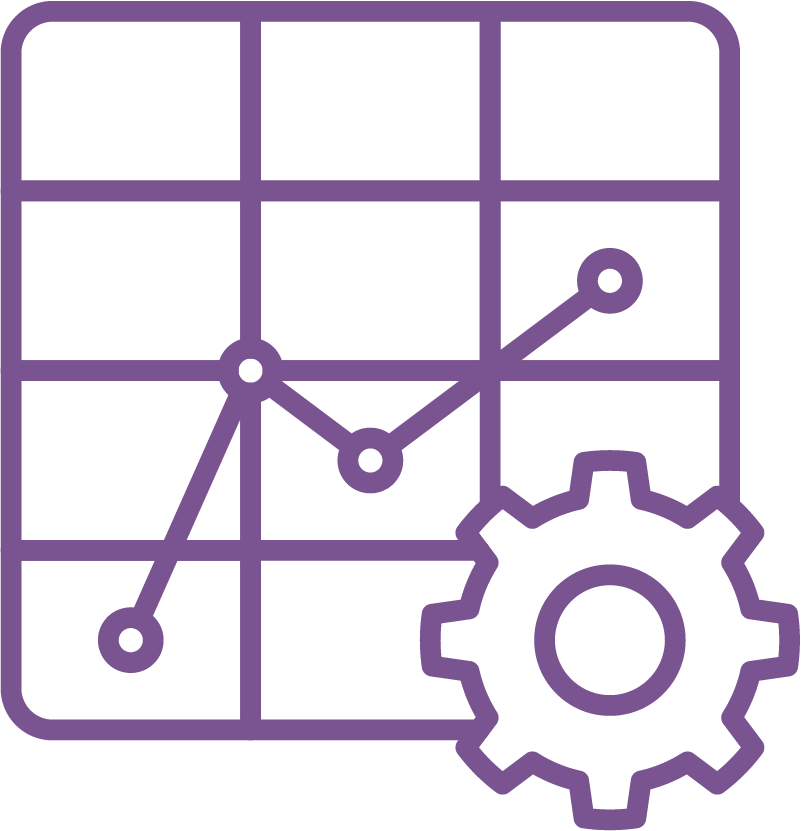
2. Calculated fields will become strategic assets
Data points like delay codes, lease terms, fuel burn metrics once buried in backend systems will be surfaced and standardized. GenAI thrives on structured nuance, and calculated fields will become the backbone of predictive planning and compliance reporting.

3. Unstructured content will be searchable and actionable
Legacy PDFs, maintenance logs, training manuals and consultancy reports will be transformed into structured, searchable data. This unlocks decades of institutional knowledge for route planners, asset managers, regulatory teams and more importantly fresh talent entering the industry.

4. Data architecture will shift from ownership to usability
Instead of siloed schemas, we’ll see unified, product-ready datasets. The focus will be on usability, not just making data accessible but usable to humans and machines, across departments from network planning to finance.

5. Scenario planning will become a daily habit
GenAI will enable rapid modeling of “what if” scenarios: what if fuel prices spike, what if a hub closes, what if a competitor launches a new route? This will empower strategic teams to test ideas before committing resources.

6. AI agents will initiate, and drive workflows
AI agents are evolving from passive tools into proactive workflow initiators. GenAI will not just sit alongside users, it will kickstart tasks, retrieve relevant data, surface insights, and draft reports before a human even asks. These agents will become trusted collaborators for analysts, planners, and commercial teams, anticipating needs and accelerating decision-making.
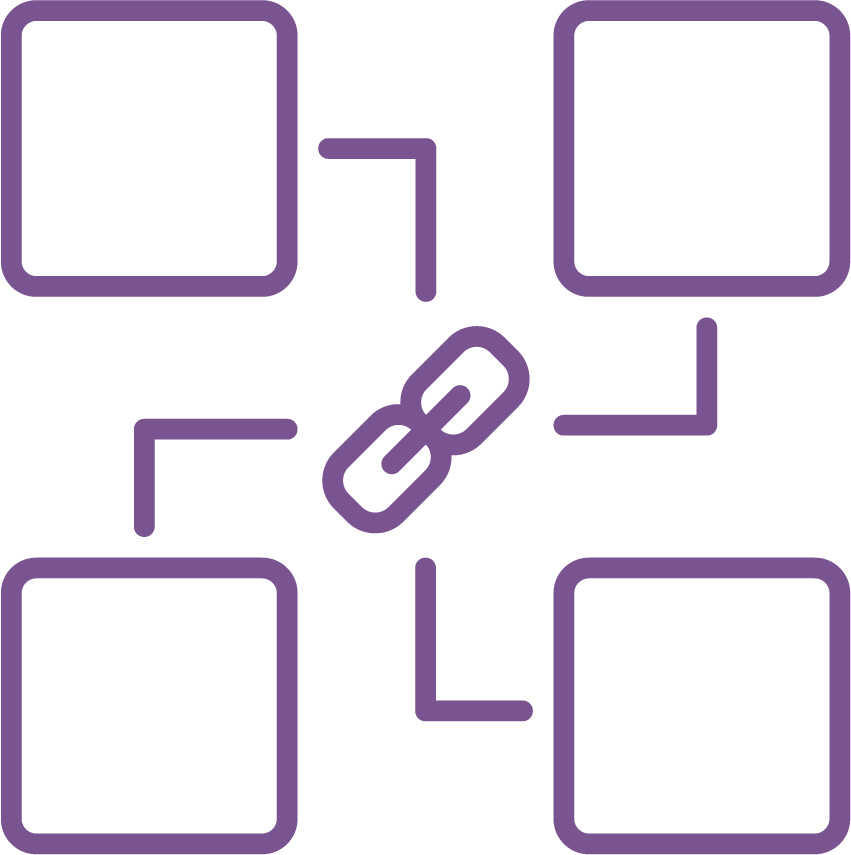
7. System silos will start breaking down
Analysts will query across scheduling, crew, finance, and commercial systems as if they were one, pulling competitor insights, fleet availability, and cost implications together without manual exports or waiting on IT. As AI agents mature, these connections will become autonomous. This doesn’t replace human expertise; it eliminates the friction between questions and answers.

8. Data governance will be a shared responsibility
As GenAI democratizes access, aviation organizations will need clearer rules around data usage, interpretation, and accountability. Expect more collaboration between product, legal, and engineering.
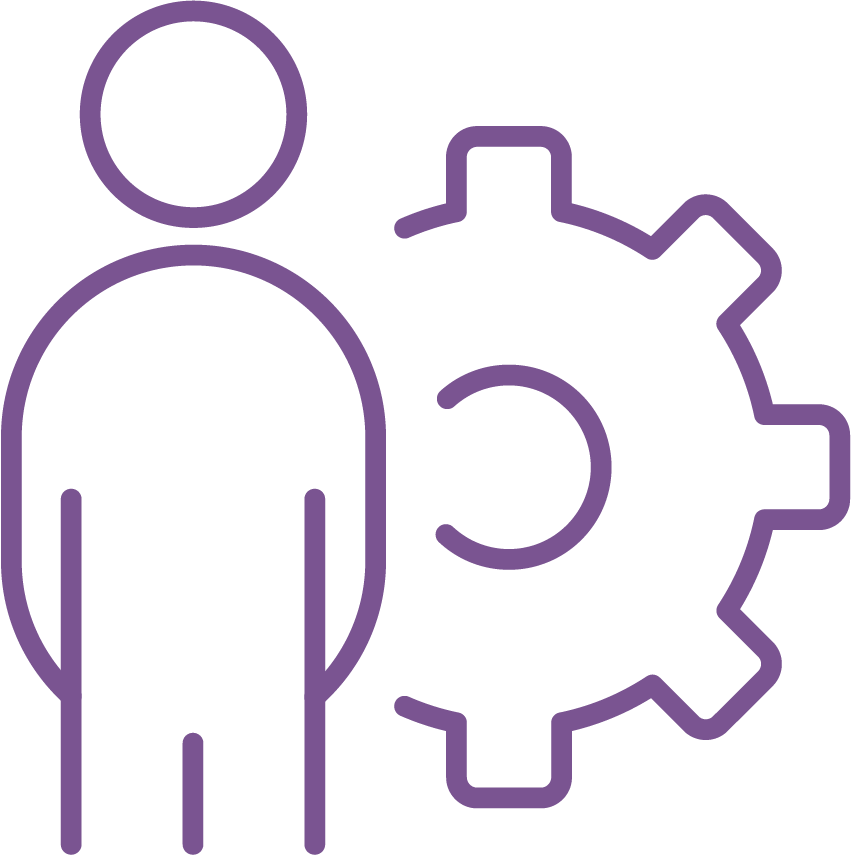
9. The role of the analyst will evolve
Analysts won’t disappear, they’ll become curators, storytellers, and quality controllers. GenAI will handle the grunt work, freeing up time for deeper thinking and better questions.

10. We’ll rediscover the value of “why”
In a world of instant answers, asking the right question becomes even more important. GenAI will help us explore not just what happened, but why, and what we can do about it. The winners won’t be those with the biggest models. They’ll be the teams that combine trusted data, clear semantics, and disciplined operations to answer the right questions, faster. GenAI is the accelerator. Your people and data foundation are the engine.
























































